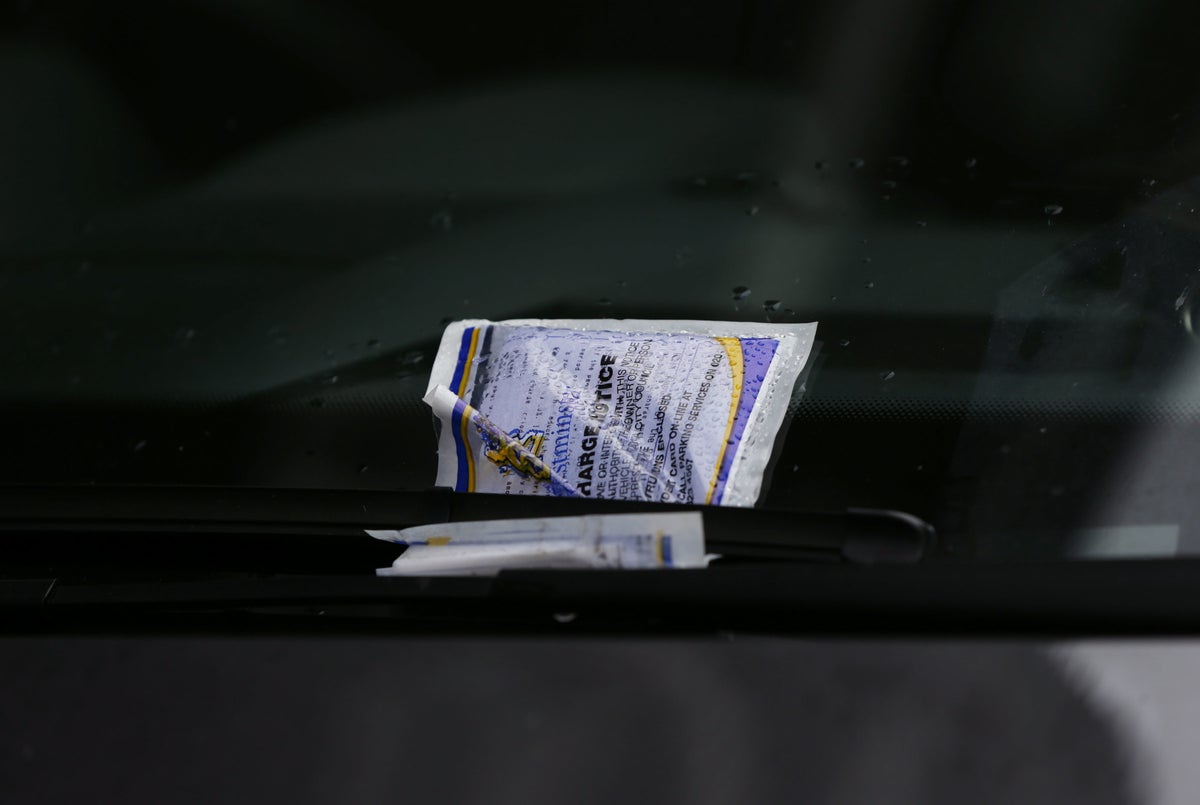
A parking firm has lost a court case against a woman it tried to fine after only sending her a letter in English.
Elysteg Llwyd Thomas was initially sent a £60 fine in English after a stay at Lligwy beach in Anglesey, north Wales in August 2021.
Ms Thomas, from Dyffryn Nantlle, Gwynedd, offered to pay it but only if Simple Intelligent Parking Ltd corresponded with her in Welsh, including with a copy of the fine.
Her request was ignored and the amount was progressively hiked to £160 by the time the case arrived at a civil court in Caernarfon.
Sitting at the court, Judge Merfyn Jones-Evans rejected the firm’s application and issued a judicial warning that all signs in car parks in Wales should be bilingual.
Referring to the Protection of Freedoms Act 2012, his ruling stated that notices in Welsh or English only were not “sufficient notices” in Wales.
In court, Ms Thomas was represented by her father, Eifion Lloyd Jones, who is a member of Welsh-language campaign group Dyfodol i’r Iaith.
Mr Jones, from Prion, Denbighshire, said he hoped the ruling would lead to the end of Welsh people being penalised for asking for correspondence in Welsh.
Despite this, he predicted the “struggle will continue for a while yet”.
Dylan Rhys Jones, head of the School of Law at Wrexham’s Glyndwr University, said he believed “absolutely no precedent” had been set by the case.
He told the BBC: “There can be another case heard next week and a decision to the contrary made.
“If people continue to challenge fines that are given in English only like this, and that companies realise that it is cheaper for them in a way to provide documentation in Welsh rather than going to court … then it is going to be cheaper for them to provide documents in Welsh.”
The parking firm has since told Welsh broadcaster S4C Newyddion that it intended to appeal against the decision.
A spokesman said: “We are waiting for the written judgment so that we can take the appropriate steps.
“However, we anticipate that we will appeal against the decision as it is wrong according to the law.”







